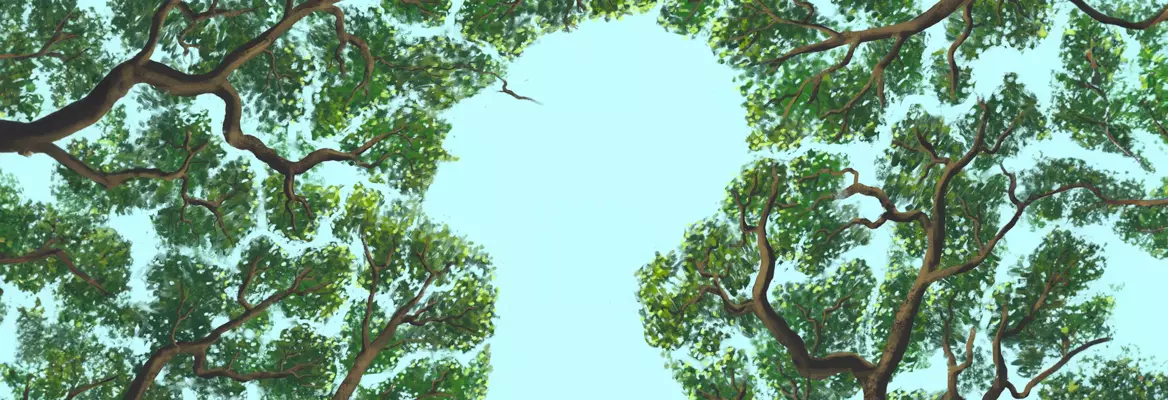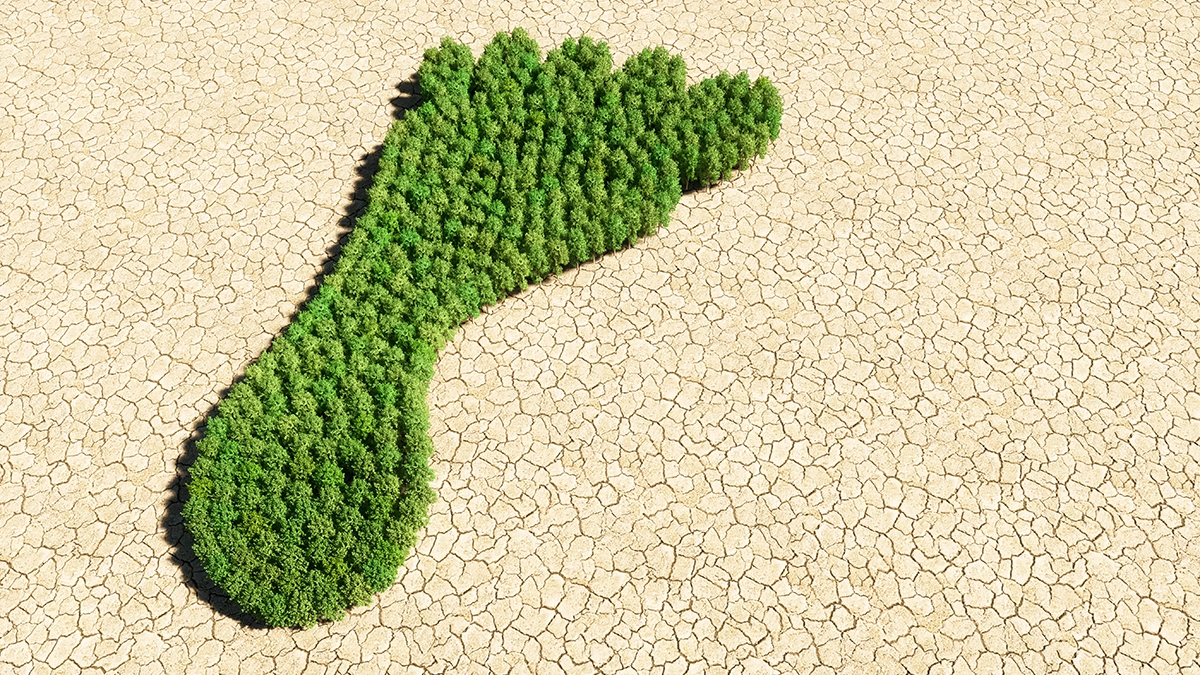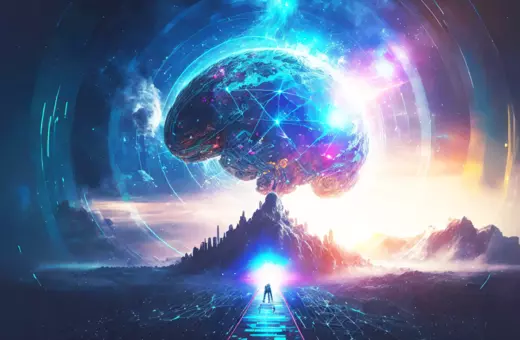We too often think of nature as an absolute good. It must be kept pure, pristine, and totally distinct from humans, who are at best a polluting influence. This mindset is dangerous, argues Arden Rowell. It means we only ask how our projects will degrade the environment, not how they might improve it. Desolate regions of Outer Space, she suggests, reveal that pristineness should not be valued, and that nature, in Space and on Earth, can be improved as well as harmed by human action.
It’s too often assumed that humans and nature are distinct from one another, and that humans are polluting and nature is pure. On this view, humans are a source of degradation and ruin, and the best thing that people can do for the environment is to leave it alone. Such intuitions underlie calls to save “virgin” forests, preserve “pristine” ecosystems in their “natural” state, and continued controversy over the value of rewilding. They manifest in the belief – nowadays carefully conveyed to schoolchildren – that human impacts on the environment comprise a long list of (only) negative things: pollution, burning fossil fuels, deforestation, climate change, soil erosion, poor air quality, undrinkable water. And such intuitions are codified into environmental law and policy – the landmark U.S. Wilderness Act of 1964, for example, epitomized this view of humanity when it created special protections for the legal category of “wilderness,” which it defines as “an area where the earth and its community of life are untrammeled by man, where man himself is a visitor and does not remain.”
SUGGESTED VIEWING The Anthropocene is bigger than climate change With Mike Berners Lee
While thinking of the purity of nature when “untrammeled” by (nonindigenous) man may seem inspiring on its face, this way of thinking about humans’ relationship with the environment generates policies that are oversimplistic – and may even be dangerous. The danger comes from this subtly enervating fact: If human impacts on the environment are always and only bad, then there is literally nothing humans can do to save the environment, because everything we try will only cause additional harm. So long as humans are always and only ruiners, even the best-case scenario for the Earth is bleak and demotivating: a slightly slower march towards inevitable ecological degradation and loss. Little wonder, in this world, that solastalgia, climate despair, and eco-anxiety have seeped so deeply into modern sensibility.
___
An Anthropocene – an age of humans – that is beautiful rather than blasted.
___
How can we escape this vortex of environmental self-hatred? A key first step is to recognize that while human impacts on the environment can be (and have often historically been) harmful, and while the world does indeed face multiple ecological crises, there is no natural law that requires every human impact upon the environment to always and only be damaging. On the contrary, the possibility of environmental harm embeds at least the theoretical potential for environmental improvement: if ecosystems can degrade by going from better to worse, then logically they can “improve” by going from worse to better.






















Join the conversation